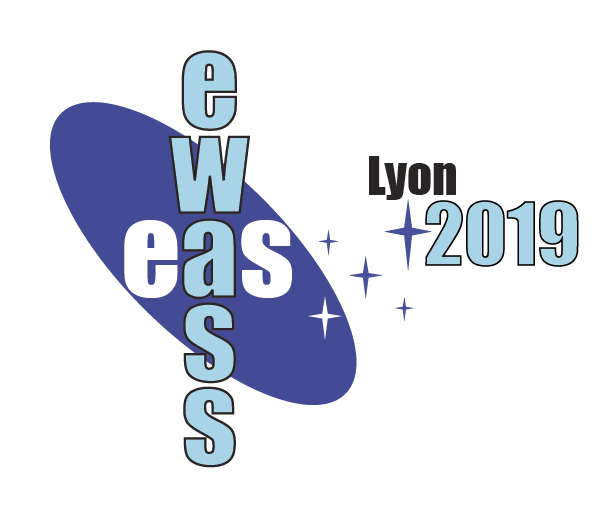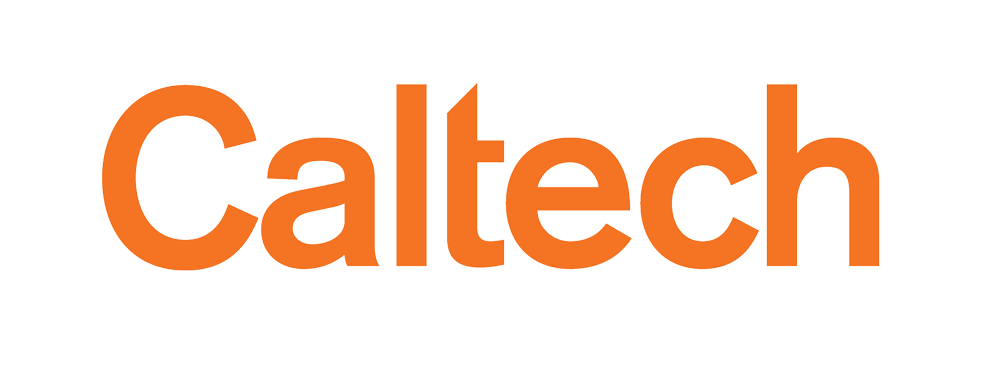Meetings%20and%20Events
Stellar deaths and their afterlives are laboratories that test fundamental physics through astrophysics. The advent of extremely wide-field surveys will revolutionize this field, and we will be able to probe new time and energy scales. This workshop will connect scientists with expertise in multi-messenger astrophysics with statisticians, data scientists, and software developers. Together, they will highlight what infrastructure exists, identify how these pieces may be connected together into a larger ecosystem, and develop a roadmap to prepare for future surveys.
Penn State's Center for Astrostatistics is continuing its annual Summer Schools in Statistics for astronomers designed for graduate students and researchers in astronomy. Lectures and tutorials are presented by a team of experienced professors in statistics, astronomy, computer science, and informatics. Classroom instruction is interspersed with hands-on analysis of astronomical data with opportunity for discussion of methodological issues. For local information visit the Central Pennsylvania Convention & Visitors Bureau online.
Detalied information can be found here.

Alexandre Grossmann and Yves Meyer have brought foundational contributions to wavelet theory and its applications. This conference will celebrate their research work on wavelets, and more broadly, the multiple facets of their interdisciplinary scientific interests: theoretical physics, harmonic analysis, signal and image processing, universe sciences, geophysics, mathematical biology.
Detailed information can be found here.

The European Week of Astronomy and Space Science (EWASS, formerly JENAM) is the annual meeting of the European Astronomical Society (EAS). Detailed information on the event in its enirety can be found here. There are three splinter sessions directly relevant to data science and, hence, to the IAA menbership:
- (SS33) Learning the Milky Way: Artificial Intelligence Applications from Solar System to Galaxy Scales.This session is inspired by the growing adoption of machine learning approaches in the astronomy community. It aims to bring together researchers applying machine learning techniques to data intensive problems in the fields of exoplanets, stars, the interstellar medium and galaxies. The goal is to discuss and share new approaches, disseminate recent results and promote the application of existing algorithms to new problems. Detailed information can be found here.
- (SS34) Understanding data: Visualisation, machine learning, and reproducibility. Modern astronomy is a data-driven endeavor, with use cases ranging from detailed computational simulations to massive telescopic surveys such as LSST, Gaia, and SKA. Machine learning techniques complement visualisation, supporting knowledge discovery via statistical routines. This session provides information for newcomers to the field through introductory talks and deeper discussions and demonstrations to enhance and expand the knowledge of established researchers.Detailed information can be found here.
- (SS35) Hack Day. In a hack session, astronomers with varying levels of skills collaborate on a range of short, relevant projects related to analysis tools, broadcasting tools, community outreach, developing and trying tutorials on current techniques, and more. The projects are proposed prior to or during the session by one or many people, and teams are assembled on the day of the event. Each team tries to construct a working solution during the hack session, which can then be perfected and published in future. Detailed information can be found here.
 This is the tenth in the series of the annual Astroinformatics conferences. Our goals are to assemble researchers working in this field, in order to describe their latest work in this arena, exchange ideas with the other participants, and discuss the future prospects for the field.
This is the tenth in the series of the annual Astroinformatics conferences. Our goals are to assemble researchers working in this field, in order to describe their latest work in this arena, exchange ideas with the other participants, and discuss the future prospects for the field.
Topics to be covered include: machine learning and other methods of advanced data analytics, processing, handling, and distribution of large data sets, data visualization, methodology transfer in data science, etc. A special emphasis will be given to the examples of new results obtained through the use of astroinformatics tools.
More information can be found here.

The Frontier Development Lab (FDL) is a 6-week workshop to apply AI technologies to space science to push the frontiers of research and develop new tools to help solve some of the biggest challenges that humanity faces. These range from the affects of climate change to predicting space weather, from improving disaster response, to identifying meteorites that could hold the key to the history of our universe. FDL is a public-private partnership with NASA in the USA (hosted by the SETI Institute) and ESA in Europe. The FDL yearly cycle starts with challenge definition. Early in the year, we bring together some of the brightest and best minds we can find, from space science, AI and technology, and on/off-Earth applications to explore our challenge areas. FDL challenges must represent a clear and present scientific problem, for which there is available data, that could be significantly advanced by AI tools and techniques.
Detailed information can be found here.
The primary goal of the school is to train astronomers to the use of modern statistical techniques, specifically parameter estimation and model selection. The INTENSIVE course, lectured by Stefano Andreon, is characterized by extended laboratory sessions (i.e., individual work at the computer), taking about two third of the school attendance. The capacity is limited to 25 participants (first come first served basis). The school is open to PhD students in physics, astrophysics, and astronomy. Attendance to the course has pre-requirements..
Detailed information can be found here.

The 2019 Kavli Summer Program will be focused on the application of machine-learning techniques in astronomy. We will host lectures and research projects covering a diversity of these techniques -- random tree forests, deep learning algorithms, Gaussian processes, and more, applied to imaging, spectroscopic, and computational datasets.
Detailed information can be found here
![]() SciPy 2019, the 18th annual Scientific Computing with Python conference, will be held July 8-14, 2018 in Austin, Texas. The annual SciPy Conference brings together over 800 participants from industry, academia, and government to showcase their latest projects, learn from skilled users and developers, and collaborate on code development. The full program will consist of 2 days of tutorials (July 8-9), 3 days of talks (July 10-12), and 2 days of developer sprints (July 13-14).
SciPy 2019, the 18th annual Scientific Computing with Python conference, will be held July 8-14, 2018 in Austin, Texas. The annual SciPy Conference brings together over 800 participants from industry, academia, and government to showcase their latest projects, learn from skilled users and developers, and collaborate on code development. The full program will consist of 2 days of tutorials (July 8-9), 3 days of talks (July 10-12), and 2 days of developer sprints (July 13-14).
More information available here.

At any given day, locations on the Earth are imaged by numerous satellites, ihich are constantly providing critical measurements regarding the environment and its dynamics. Future observations for cutting-edge astrophysical research from terrestrial and spaceborne observatories,will provide massive amounts of data. Traditional approaches for the analysis of observations involving the manual exploration are facing significant challenges when dealing with these.. The workshop aims at bringing together researchers from the environmental sciences, astrophysics and computer science communities in an effort to understand the potential and pitfalls of novel computational intelligence paradigms including machine learning and large-scale data processing.
Detailed information can be found here.
